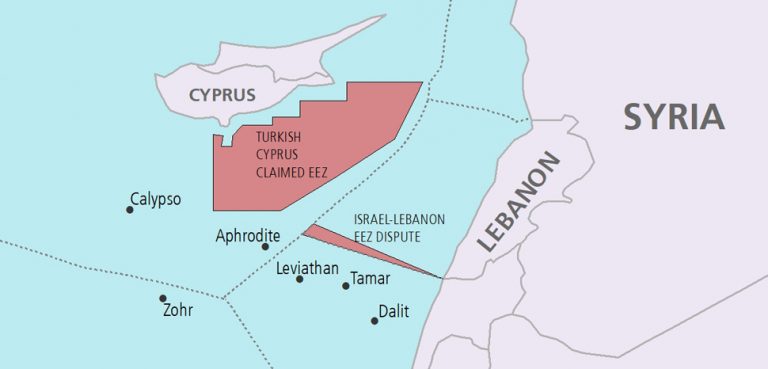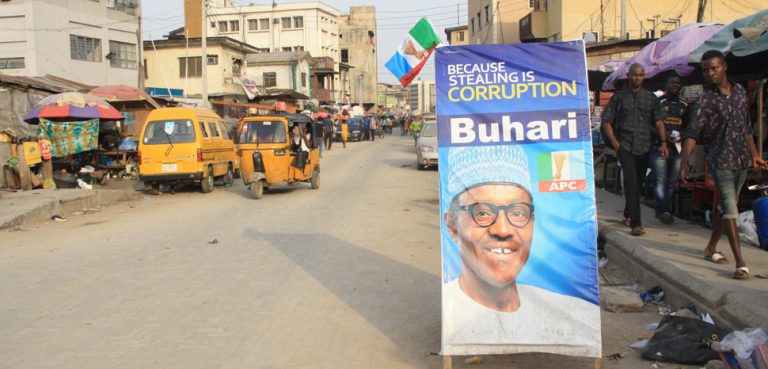The International Court of Justice (ICJ) delivered a ruling on Thursday affirming that the court has jurisdiction over a long-standing territorial dispute between Venezuela and Guyana. The dispute involves the contested territory of Essequibo, which encompasses nearly two-thirds of Guyana’s sovereign territory. The ruling is in response to an objection made by Venezuela, which has reiterated that the ICJ has no jurisdiction over the territorial dispute, and has instead pushed for bilateral talks with Guyana to resolve the situation.
The territorial dispute over the Essequibo has been ongoing for over a century, dating back to Guyana’s colonial period. In 1899, an arbitration tribunal awarded the Essequibo to Great Britain, which ruled Guyana at the time. Venezuela rejected the decision, and the dispute has continued to this day, with occasional flare-ups in tensions between Caracas and Georgetown over the subject. In its legal proceedings with the ICJ, Guyana’s argument insists that the 1899 arbitration served as the effective conclusion of the dispute, thereby affirming Guyana’s current sovereignty over the entire territory.




